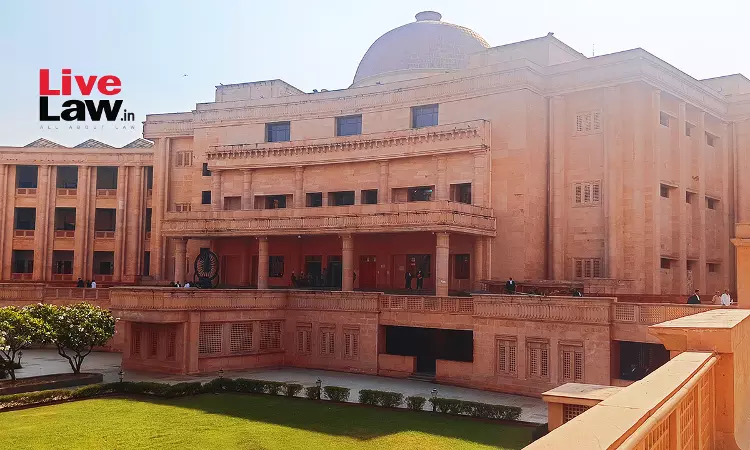Fixing 6% Simple Interest Per Annum On Excess/Less Determination Of Provisional Tariff Ultra Vires The Electricity Act: Allahabad High Court
Upasna Agrawal
18 May 2024 11:10 AM IST

Next Story
18 May 2024 11:10 AM IST
The Allahabad High Court has struck down Regulation 5A of Central Electricity Regulatory Commission (Terms and Conditions of Tariff) (First Amendment), Regulations, 2006 to the extent it provides 6% per annum simple interest on excess/ less determination of provisional tariff as ultra vires Section 62(6) of the Electricity Act, 2003.Section 62 of the Electricity Act, 2003 provides that manner...
